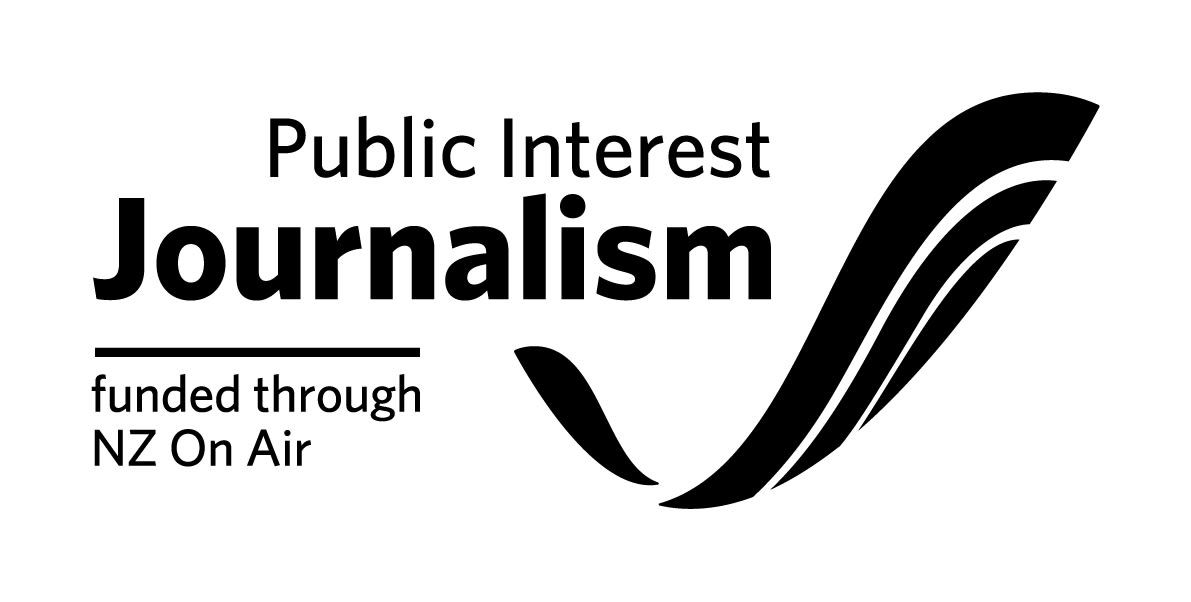
Parihaka's river is now effluent-free, but gains in the area are not the end of water quality problems, writes Craig Ashworth
The river that runs through Parihaka Pā has been cleared of dairy farm effluent for the first time in decades.
Farmers can no longer get permission to pipe treated effluent into streams and rivers and must instead dispose of waste onto land.
The change will take time to spread, as some existing Taranaki Regional Council (TRC) resource consents allow continued discharges to waterways as late as 2025.
Environmental activist Emily Tuhi-Ao Bailey of Parihaka, is one of three iwi representatives on the council’s Consents and Regulatory Committee
She said several farms upstream from the Pā were previously allowed to pipe treated dairy shed waste into the Waitotoroa River, which was against tikanga and polluting the river.
“Putting tiko (excrement) in the river where we swim, and where we used to get the water when needed, that’s just gross.”
But from last December, all the upstream farms had to shift their effluent discharge to land.
“For the last five or so years people stopped swimming there because it got so gross, especially in the height of summer it was all frothy and brown.
“The algae was like two metres long - and we know that once it gets over two centimetres it’s a sign the rivers got too much nutrient in it.”
Bailey said the end of river discharge made a dramatic difference, especially after February floods flushed a build-up of pollution and debris out of the Waitotoroa.
“It was cool, it totally washed out the whole river, cleaned it all out and opened it up. We could see the old swimming holes again and people were in there swimming all day, every day.”
Bailey said changes were largely due to campaigning by communities, including iwi and hapū, which led to rule changes at a national level.
TRC consents manager Jocelyn Allen said there had been a big wave of dairy discharge resource consents due for renewal this year, and the influx would continue over three years.
After 2025 there would be no remaining consents to discharge to water.
Allen said the farming community had done much work to transition to land-based disposal, as pressure for cleaner water came from central government.
“Farmers understand in order for them to look to the future, with the National Policy Statement for Freshwater Management, you’ve got resource management law reforms, if we’re really truly looking at ... putting freshwater at the top of that hierarchy.”
“It’s been a business decision for them, looking through the future lens.”
Education by Fonterra had also helped influence good practice and the need to respond to the essential freshwater programme.
Bailey said the gains at Parihaka were not the end of water quality problems.
Downstream of the Pā a few farms still had consents to discharge into the Waitotoroa until 2025 “so we’ll keep working on them”.
Effluent discharge to land could still wash into rivers during heavy rain, and nitrate pollution travel through soil to waterways
And while the February floods had helped clean the Waitotoroa, it had also destroyed some of the riparian planting and fencing along its banks, including on Parihaka land.
People were realising the planting strips had to be much wider, said Bailey.
“If the riparian margins are wider and better then there’s less of a wash-off over the top and even through the soil, because you have all the roots forming that barrier underground.”
And some farmers were beginning to make changes ahead of regulatory deadlines “because they’re upgrading their infrastructure, or maybe Fonterra is giving them a push”.
“Or maybe they’ve decided they actually just don’t like [polluting], maybe the iwi are also saying you need to change.
“Some people just see the writing on the wall and know they can shift now or wait to the last minute.”
* Public Interest Journalism funded through NZ On Air*








